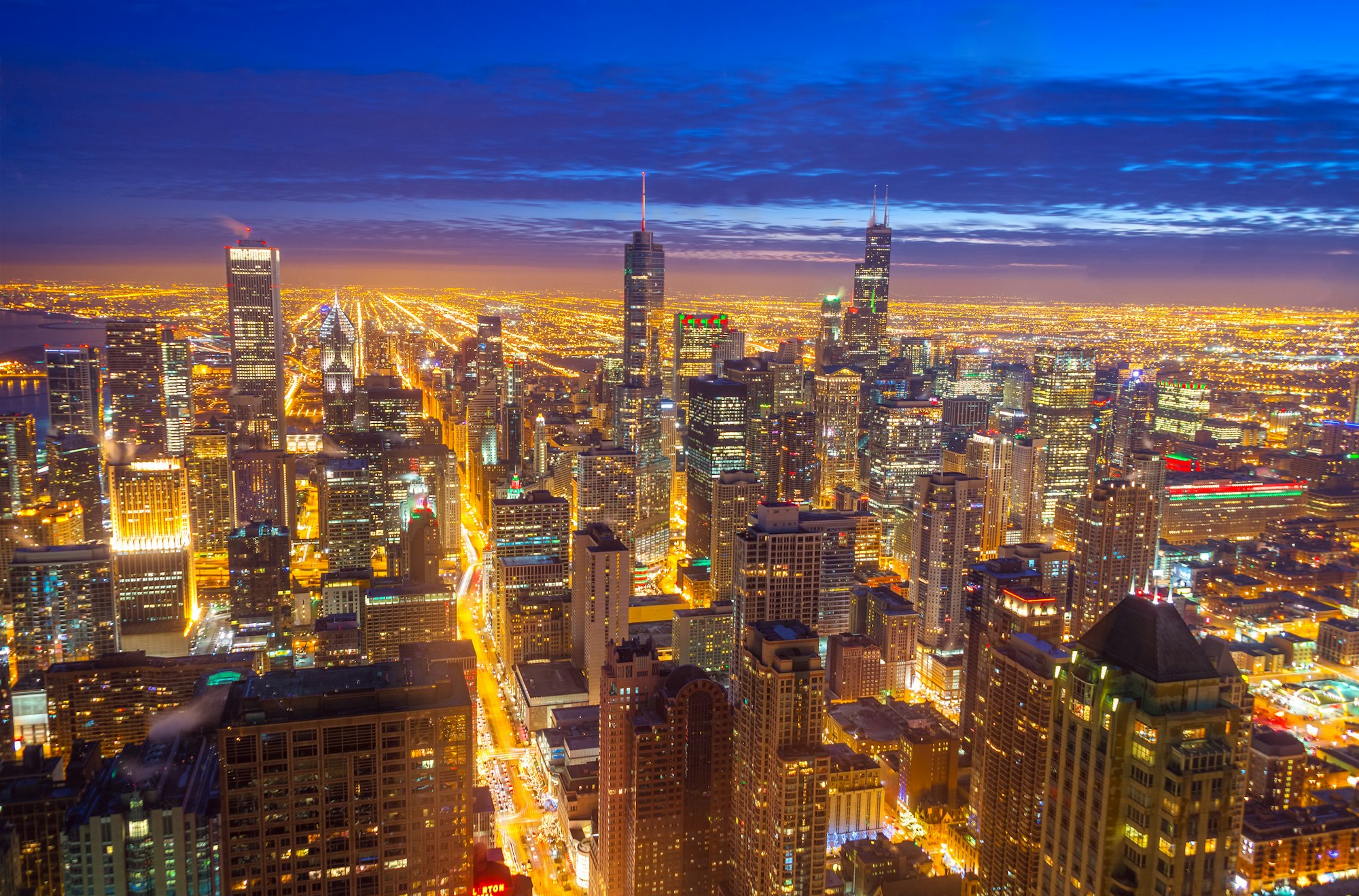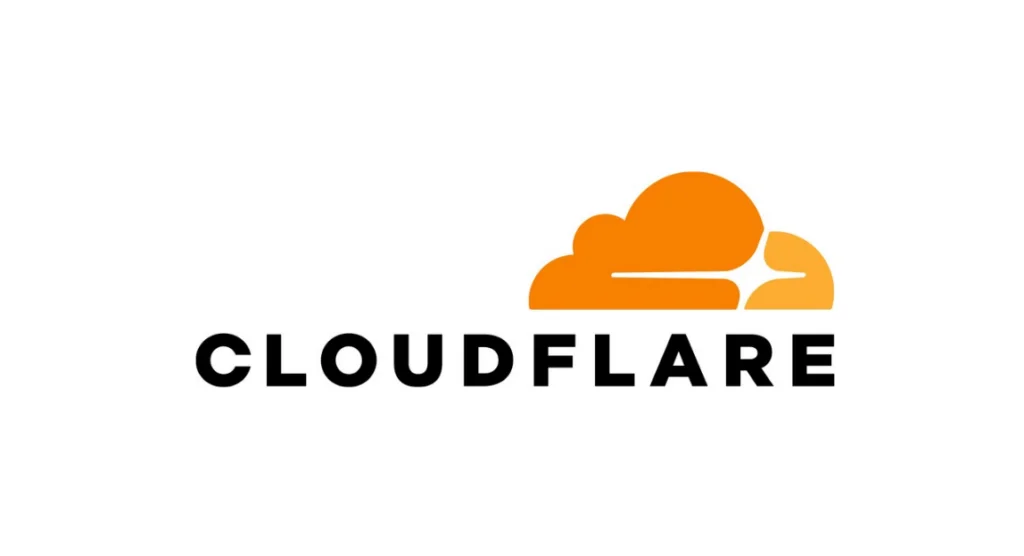Insider Brief
- Residents on Chicago’s Southeast Side are asking city and state officials to slow down the development of a quantum computing campus at the former U.S. Steel South Works site, citing concerns over community benefits and pollution.
- The Illinois Quantum and Microelectronics Park, anchored by PsiQuantum, promises $20 billion in economic impact, with substantial public incentives already committed.
- Residents are demanding legally binding agreements for jobs, environmental safety and investments in local schools before the project moves forward, with the next public meeting scheduled for October 29.
Not everyone believes Chicago is in a super position to host a quantum technology campus, a Chicago radio station is reporting. WBEZ Chicago is reporting residents and community organizations on Chicago’s Southeast Side are pushing city and state officials to slow the development of the proposed quantum computing campus at the former U.S. Steel South Works site.
According to the report, the Illinois Quantum and Microelectronics Park project, anchored by Silicon Valley startup PsiQuantum, was announced in the summer, promising substantial economic impact. However, residents, led by the Alliance of the Southeast, are demanding a formal community benefits agreement before the city and state approve zoning modifications and tax incentives.
The project has drawn attention due to its scale and potential economic benefits. Illinois Governor JB Pritzker described it as a step toward making the state a hub for quantum development, forecasting up to $20 billion in economic impact, WBEZ reports. PsiQuantum expects the park to create 150 jobs over five years, with positions ranging from engineers to roles in finance and human resources. The campus would span 440 acres, and local officials have already committed substantial public incentives, including $300 million from the state and additional tax breaks from the city of Chicago.

Despite the promises, residents expressed concerns about the lack of community engagement and potential negative impacts, including environmental risks and displacement.
At a press conference organized by the Alliance of the Southeast, Executive Director Amalia NietoGomez criticized the rapid pace of development.
“This development is moving at breakneck speed,” she said. “We need to have real community benefits. We need to have these conversations, and we need this to be slowed down,” WBEZ reported.
NietoGomez and others emphasized that community meetings on the project only began after significant pressure from local groups, and they remain dissatisfied with the responses they’ve received. The Alliance is calling for an agreement that guarantees jobs with living wages for local residents, investments in schools and measures to prevent displacement.
Environmental concerns were also raised about the potential impact of construction at the site, which has a history of industrial pollution.
Anne Holcomb, a representative of the environmental group ETHOS, voiced concerns about contamination.
“I live two blocks from the site,” she said. “We’re not going to be unwilling beneficiaries of the pollution that comes into our bodies from that stuff.”
State officials deemed the site safe for occupation in 1997, but re-evaluations were conducted in 2006 and 2010, according to the report. Nonetheless, the environmental risks remain a major concern for residents who fear pollution from the quantum campus.
Another resident said the money could be used for other community projects.
“We hear about benefits to the world … potentially cures, new drugs, new solutions to climate [change],” said Clifton Muhammad, a business owner in the neighborhood, but added “local sacrifices, the local tax benefits” could go to the community’s schools and parks.
The developer, Related Midwest, plans to begin work in early 2025. It has partnered with local organizations like United Way of Metro Chicago to develop a Quality of Life Plan for the area, but questions remain about whether they will agree to a legally binding community benefits agreement.
WBEZ noted that both city and state officials have not yet responded to inquiries regarding the status of the project and community concerns. Residents are continuing to press for a deal that guarantees tangible benefits for the local community before the quantum park project moves forward. The next public meeting is scheduled for October 29.














